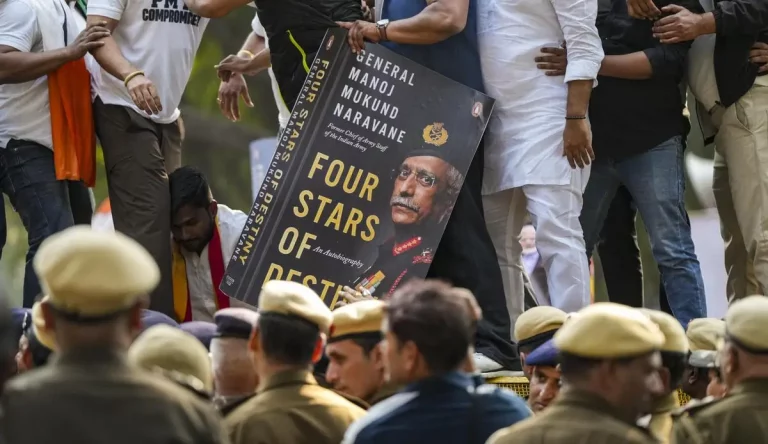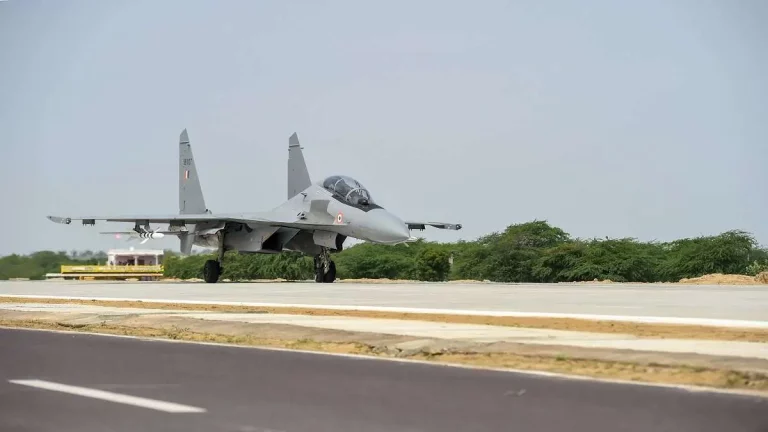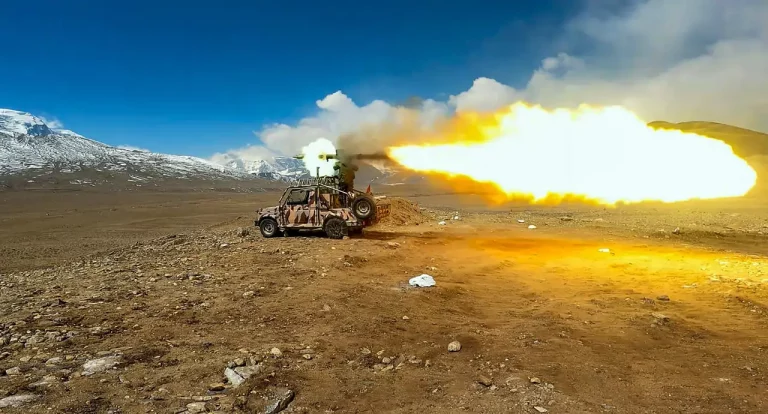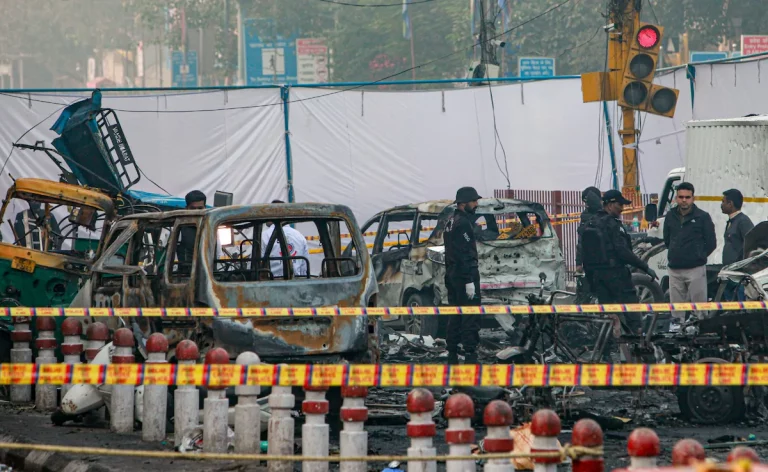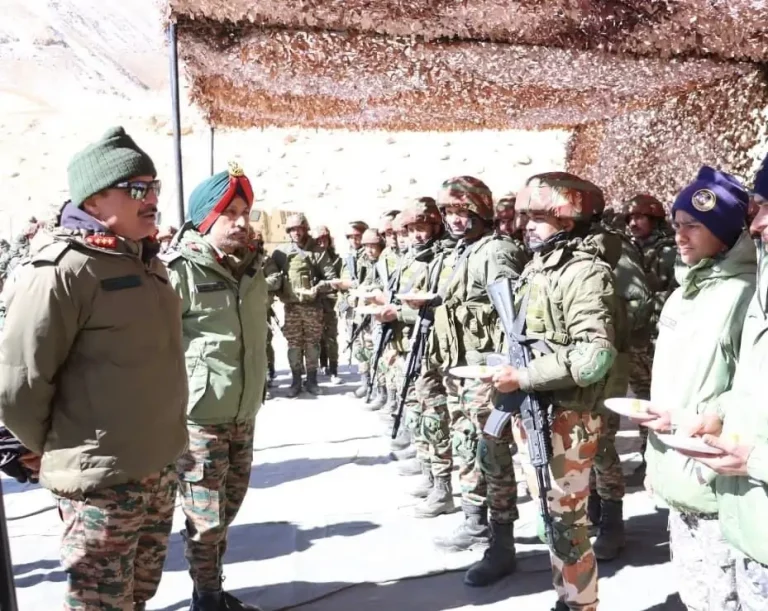In a significant development amid escalating military tensions, the Indian Army has announced the continuation of confidence-building measures (CBMs) with Pakistan. This announcement follows a mutual understanding reached on May 10, 2025, during a meeting between the Director Generals of Military Operations (DGMOs) from both countries. According to an official statement from the Army, these measures aim to lower troop alertness levels in forward areas and to prevent further escalation along the Line of Control (LoC).
The renewed commitment to CBMs comes in the wake of Operation Sindoor, which was launched by India on May 7, following a deadly terrorist attack in Indian-administered Kashmir. This operation involved missile strikes targeting locations across the border, resulting in significant casualties—26 dead and 46 injured, as reported by Pakistani officials. In response, Islamabad condemned the strikes as an “act of war,” heightening existing tensions.
These tensions were exacerbated by Pakistan’s test of the Abdali Weapon System on May 3, a ballistic missile with a range of 450 km. This launch was interpreted by Indian defense analysts as a provocative act, setting the stage for the military confrontation that followed.
A breakthrough was achieved on May 10, as President Donald Trump announced a U.S.-mediated ceasefire. This ceasefire was confirmed during DGMO-level talks on May 12, where both nations pledged to reduce their military deployments and work towards stabilizing the situation along the border.
However, despite these diplomatic efforts, India reported ceasefire violations shortly after the agreement was reached. This prompted a swift and stern retaliatory response from Indian forces. The Ministry of External Affairs condemned Pakistan’s actions, emphasizing that peace cannot be maintained without a complete cessation of cross-border terrorism.
Prime Minister Narendra Modi reiterated India’s commitment to peace and dialogue but made it clear that the country would not tolerate acts of aggression or terrorism emanating from across the border. He reaffirmed India’s readiness to respond decisively to any provocations.
In addition to the military and diplomatic developments, concerns over new technological threats have surfaced. Indian Army officials highlighted the deployment of Turkish-made drones by Pakistani forces, with unidentified drones spotted over Jammu’s Samba and Punjab’s Jalandhar districts on May 13. Officials later reported that the situation had stabilized.
The humanitarian impact of the recent conflict is also significant, as residents in three border districts of Kashmir have been relocated due to previous shelling by Pakistani forces. The Indian Army has stepped in to provide support to these affected civilians, and efforts are ongoing to ensure their safety.
Security analysts warn that although the extension of CBMs is viewed as a positive step, the trust between India and Pakistan remains tenuous. Historical precedents show that past agreements have often collapsed under the strain of accusations and violations.
The coming days and weeks will be critical in determining whether this latest effort toward de-escalation can be sustained or if the region is once again on the verge of renewed hostilities.

